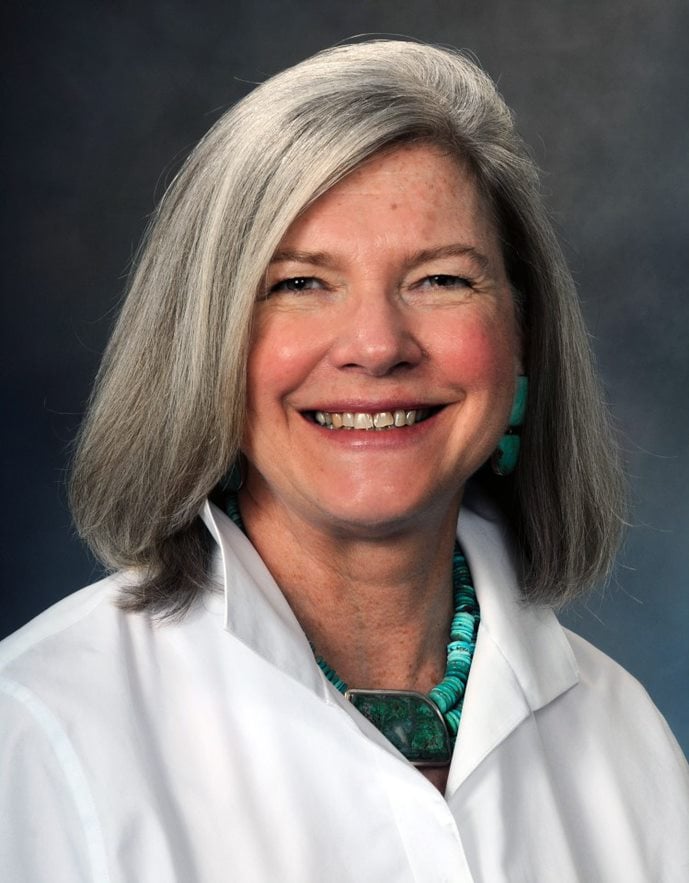
Cheryl Lyn Walker, PhD
Roy O. Greep Award for Outstanding Research
Dr. Cheryl Lyn Walker, a leader in the field of genetic, epigenetic, and environmental interactions, has made seminal contributions to our understanding of how environmental exposures, especially endocrine-disrupting compounds (EDCs), increase risk for hormone-dependent (and other) cancers. She was among the first to show that tumor suppressor genes were the target for chemical carcinogens in the environment. She discovered that the tumor suppressor ATM, a DNA repair kinase, “moonlighted” in the cytoplasm controlling peroxisome number using ROS as a rheostat targeting excess/dysfunctional peroxisomes for elimination. This work solved a major riddle in cell biology (How do cells regulate peroxisome number?) and resulted in receipt of the Cozzarelli Prize from the National Academy of Sciences.
One of her most important contributions was her identification of a molecular mechanism for EDC-induced reprogramming of the epigenome of developing tissues to increase disease susceptibility later in life, a process known as developmental reprogramming.
A leader in the field of hormone-dependent tumorigenesis, she developed an animal model for uterine leiomyoma/fibroids that became the gold-standard for research in this disease and provided key insights into how hormones and EDCs promote these tumors. One of her most important contributions was her identification of a molecular mechanism for EDC-induced reprogramming of the epigenome of developing tissues to increase disease susceptibility later in life, a process known as developmental reprogramming. Most recently, her epigenomic studies uncovered a new role for chromatin remodelers and elucidated that the epigenetic machinery of the Histone Code plays an equally important role in remodeling the cytoskeleton and directing the Tubulin Code.
Beyond her scientific contributions, she has had a tremendous impact on the field through activities including chair of the NIEHS TaRGET II Consortium, founder of the Center for Translational Environmental Health Research, and founder and director of the Center for Precision Environmental Health at Baylor College of Medicine. In 2016 she was elected to the National Academy of Medicine.

Andrea Gore, PhD, professor of pharmacology at the University of Texas and former editor-in-chief of Endocrinology, was one of four recipients of the 2016 Outstanding Public Service Laureate Award.

